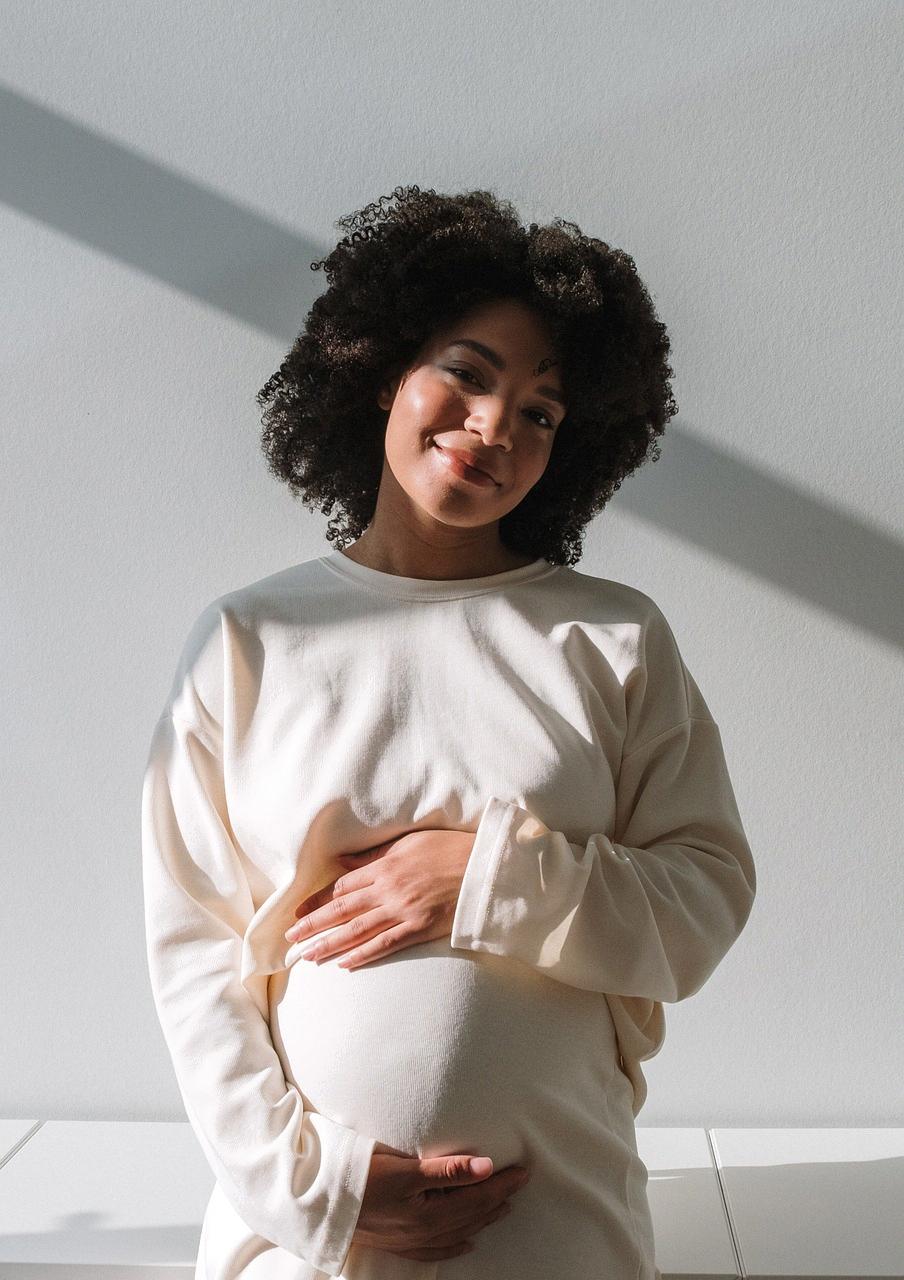Getting pregnant naturally at 45 can pose some challenges due to the natural decline in fertility that comes with age. However, it is not impossible to conceive at this age. There are several factors to consider and steps you can take to improve your chances of getting pregnant naturally at 45.
Importance of Lifestyle Changes
One of the most important factors in enhancing fertility is making positive lifestyle changes. Maintaining a healthy weight through regular exercise and a balanced diet can play a significant role in improving your chances of getting pregnant at 45. Obesity and being underweight can both negatively impact fertility.
Alcohol and Fertility
Abstaining from alcohol is crucial when trying to conceive, not just during pregnancy. Alcohol consumption can affect hormone levels and disrupt ovulation, making it harder to get pregnant. Avoiding alcohol altogether can enhance your fertility chances.
Understanding Ovulation
Knowing your menstrual cycle and understanding when you ovulate is key to maximizing your chances of conceiving naturally. Ovulation tracking methods, such as tracking basal body temperature or using ovulation predictor kits, can help you identify the most fertile days in your cycle.
Consideration of Supplements
Adding certain supplements to your daily routine can also support your fertility. Supplements like folic acid, vitamin D, and omega-3 fatty acids can help prepare your body for pregnancy and support reproductive health.
Medical Consultation
Consulting with a healthcare provider specializing in fertility at 45 can provide valuable insights and guidance. Your doctor can assess your overall health status, identify any underlying fertility issues, and recommend appropriate treatment options or interventions.
Stress Management
Reducing stress levels is essential when trying to conceive. High levels of stress can impact hormone balance and ovulation, affecting your fertility. Engaging in activities like yoga, meditation, or spending time in nature can help manage stress levels.
Age and Fertility
Understanding the impact of age on fertility is crucial. Fertility declines with age due to a decrease in the number and quality of eggs. At 45, your fertility may be lower compared to when you were younger, but it is still possible to conceive with the right approach.
Healthy Habits for Fertility
Adopting healthy habits such as getting enough sleep, staying hydrated, and avoiding exposure to environmental toxins can create a supportive environment for conception. Prioritizing your overall well-being can positively influence your fertility.
Couple’s Fertility
It is important to consider your partner’s fertility as well when trying to conceive. Male fertility can also be affected by factors like age, lifestyle choices, and health conditions. Both partners should focus on enhancing their fertility for successful conception.
Timing and Patience
Being patient and allowing time for conception is key when trying to get pregnant naturally at 45. It may take longer than expected, and multiple attempts may be needed. Maintaining a positive attitude and staying persistent can eventually lead to a successful pregnancy.
Alternative Fertility Treatments
If natural conception does not occur after a certain period, exploring alternative fertility treatments such as in vitro fertilization (IVF) or intrauterine insemination (IUI) with the guidance of a fertility specialist can be considered. These treatments offer additional options for achieving pregnancy.
Conclusion
Getting pregnant naturally at 45 is a process that requires dedication, lifestyle adjustments, and medical guidance. By prioritizing your health, understanding your fertility, and taking proactive steps, you can increase your chances of conceiving and experiencing a successful pregnancy at this age.

